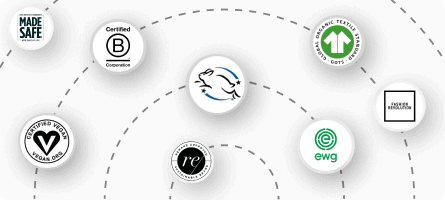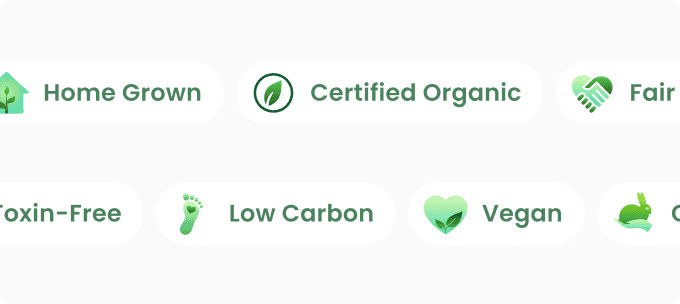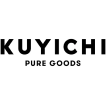Investing in a dishwasher can be a time-saving and convenient addition to any household. However, choosing the wrong brand can...
Backyard chickens have become more than a rural idyll. They’ve found their …

































Backyard chickens have become more than a rural idyll. They’ve found their …
Are you wondering whether you can compost successfully in your apartment or …
Bread is a beloved staple in diets across the world. From fluffy …
Primally Pure deodorant charcoal is made with baking soda and kaolin clay to combat smell and offer a natural and long-lasting protection from odor.
Is your nail polish safe to use? You deserve to pamper yourself …
Leather has been a fashion staple since ions. One of the first …
Color depositing conditioners are one of the 21st century’s greatest inventions. At …
We've made the list of 11 best office plants that suit your workspace, are easy to maintain, and don't cost you an arm and a half. From classic spider plants to trendy snake plants and majestic monsteras, this curated list has it all.
Did you know that harissa paste is protected by the U.N? In …
Craving the comfort of mac and cheese but don’t want to deal …
Done with dairy? Try out these fantastic dairy-free yogurt brands that offer optimum probiotics, nutritional value, and taste to your daily diet.
Reusable floss picks is a smart step towards reducing the use of …
In an era where sustainability is not just a choice but a …
Consumers are recognizing the environmental impact of their beauty choices, prompting a …
In an era where conscious consumerism is more than a trend, choosing …
Green onions, a culinary staple also known as scallions, serve as a …
Backyard chickens have become more than a rural idyll. They’ve found their …
Are you wondering whether you can compost successfully in your apartment or …
Bread is a beloved staple in diets across the world. From fluffy …
Primally Pure deodorant charcoal is made with baking soda and kaolin clay to combat smell and offer a natural and long-lasting protection from odor.
Is your nail polish safe to use? You deserve to pamper yourself …
Leather has been a fashion staple since ions. One of the first …
Color depositing conditioners are one of the 21st century’s greatest inventions. At …
We've made the list of 11 best office plants that suit your workspace, are easy to maintain, and don't cost you an arm and a half. From classic spider plants to trendy snake plants and majestic monsteras, this curated list has it all.
Did you know that harissa paste is protected by the U.N? In …
Craving the comfort of mac and cheese but don’t want to deal …
Done with dairy? Try out these fantastic dairy-free yogurt brands that offer optimum probiotics, nutritional value, and taste to your daily diet.
Reusable floss picks is a smart step towards reducing the use of …
In an era where sustainability is not just a choice but a …
Consumers are recognizing the environmental impact of their beauty choices, prompting a …
In an era where conscious consumerism is more than a trend, choosing …
Green onions, a culinary staple also known as scallions, serve as a …
Backyard chickens have become more than a rural idyll. They’ve found their …
Are you wondering whether you can compost successfully in your apartment or …

Investing in a dishwasher can be a time-saving and convenient addition to any household. However, choosing the wrong brand can...
Subscribe to our newsletter and receive a free sustainable living guide
Disclaimer : We may receive a commission for purchases made through links on this page but rest assured, we only endorse products that align with our values (Learn more).